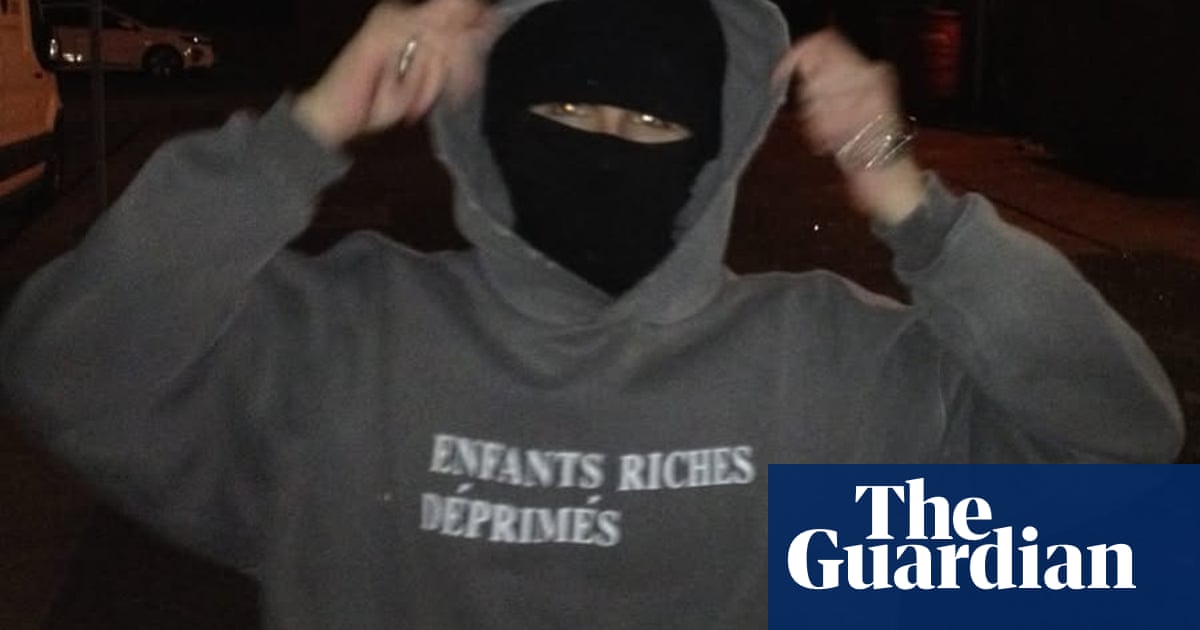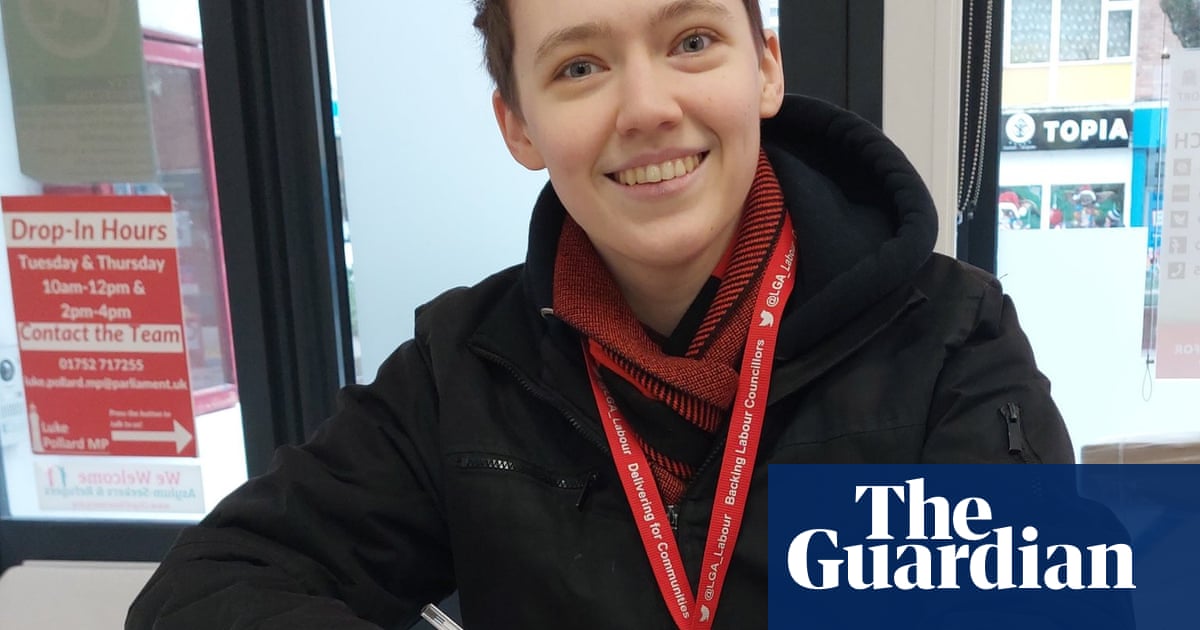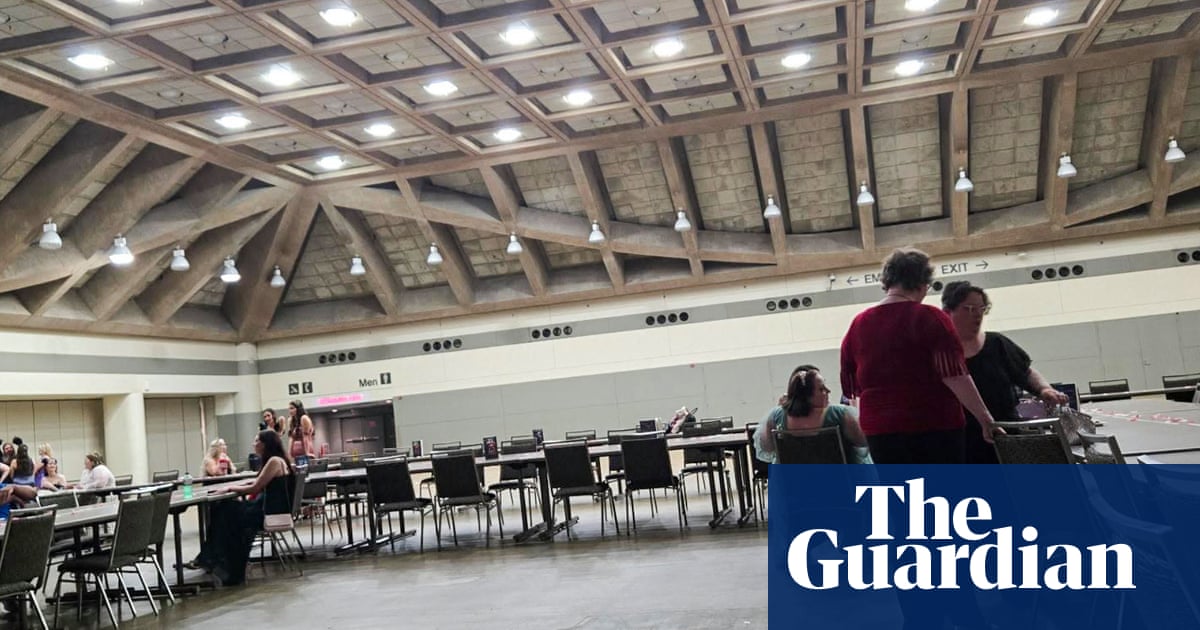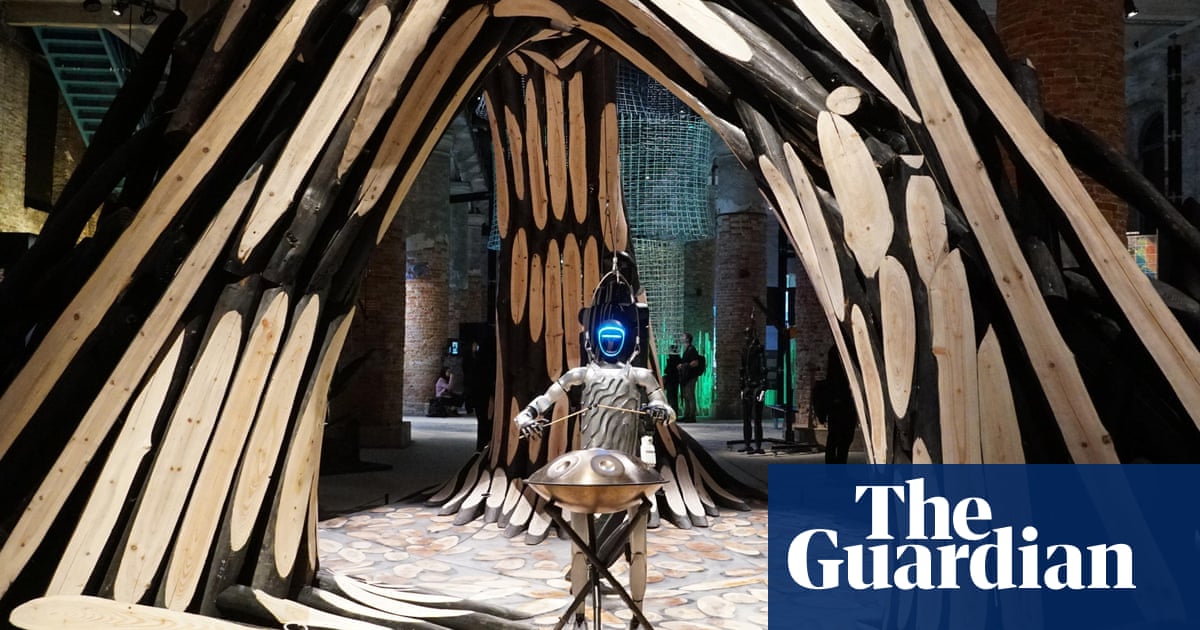A British conman who featured in a Netflix documentary has denied deliberately ramming two French police officers with his car as he attempted a getaway, as he appeared in court on Thursday.
Robert Hendy-Freegard, 53, nicknamed the Puppet Master because of his career as a serial swindler, allegedly made his escape after injuring the gendarmes at his home in the Creuse, in central France.
He was arrested in Belgium and extradited to France, where he has been in jail since 2022.
Hendy-Freegard was convicted and given a life sentence in the UK in 2005 for kidnapping and fraud, including cheating a number of women out of more than £1m.
He had convinced his victims he was a secret agent for MI5 and was on the run from terrorist organisations. He was freed in 2009 after his conviction for kidnapping was overturned by an appeal court.
Some time around 2015 he moved to a remote house in the village of Vidaillat, in the Creuse, and established himself as a dog breeder with his British partner, Sandra Clifton.
When French workplace and animal welfare inspectors, accompanied by gendarmes, visited the property on 25 August 2022 to inspect the kennels after complaints from neighbours that he was running an illegal business, Hendy-Freegard allegedly drove off in his Audi A3, hitting the officers in the process.
A female officer was reportedly carried 100 yards on the vehicle’s bonnet, broke her nose and was signed off work for 21 days, while her male colleague was signed off for six days.
Hendy-Freegard was arrested two weeks later after his car was stopped by Belgian police on the E40 motorway at Grand Bigard near Brussels. He was originally accused of attempted murder but this was later changed to a charge of violence against public officials with aggravating circumstances.
Hendy-Freegard, who appeared in court in Guéret under the name David Hendy, denied deliberately hitting the two gendarmes.
The court heard that while on the run he sent a message to a French gendarme he knew, saying: “I just wanted to say that I apologise to your colleagues who jumped in front of me. I’m horrified that they might have thought I wanted to murder them.”
He told the court he was upset that day because Clifton had announced she was leaving him. “First of all, I’m sorry I didn’t stop. But I panicked … I didn’t stop because I’m a human being with emotions,” he said.
He blamed the Netflix documentary for causing distress and psychological problems. “There are always two sides to every story. I made mistakes that day, but you have no idea what I went through, even though I’m not a physical victim. But none of this would have happened if the Netflix documentary hadn’t been shown,” he said.
He told the hearing he and Clifton moved to France after she saw an advertisement for the property in a remote location in Vidaillat. Asked what income he had at the time, he replied: “I’d need to clarify that point.”
The court heard that the property, where the couple ran a business breeding beagles, was dilapidated and Hendy-Freegard said problems caused by Brexit had prevented them from renovating it.
While at the kennels, the officers discovered Clifton living at the property. Neighbours had previously alerted the authorities about a woman they thought was being held in “awful conditions” at the house, but as the woman told police there was no cause for concern, inquiries were dropped.
Clifton is believed to have since returned to the UK and declined to press charges.
Hendy-Freegard, born in 1971 in Worksop, was the central figure in Netflix’s 2022 documentary The Puppet Master: Hunting the Ultimate Conman and also inspired the film Rogue Agent, starring James Norton and Gemma Arterton and telling a fictional story.
He could face up to 10 years in jail and a fine of up to €150,000 if convicted of deliberately injuring the law enforcement officers.
During an earlier hearing, Hendy-Freegard’s lawyer, Juliette Magne-Gandois, said he had “always denied any intent to kill anyone”, a charge carrying a sentence of up to 30 years. Agence France-Presse reported that Magne-Gandois had since stopped representing him.
During his London trial, the court was told Hendy-Freegard lived by the motto “lies have to be big to be convincing”. One of his victims recalled him taking her from a supposed “safe house” with a bucket over her head, having to hide in cupboards to avoid visitors, and spending three weeks in a locked bathroom with little to eat.

 3 months ago
44
3 months ago
44













































